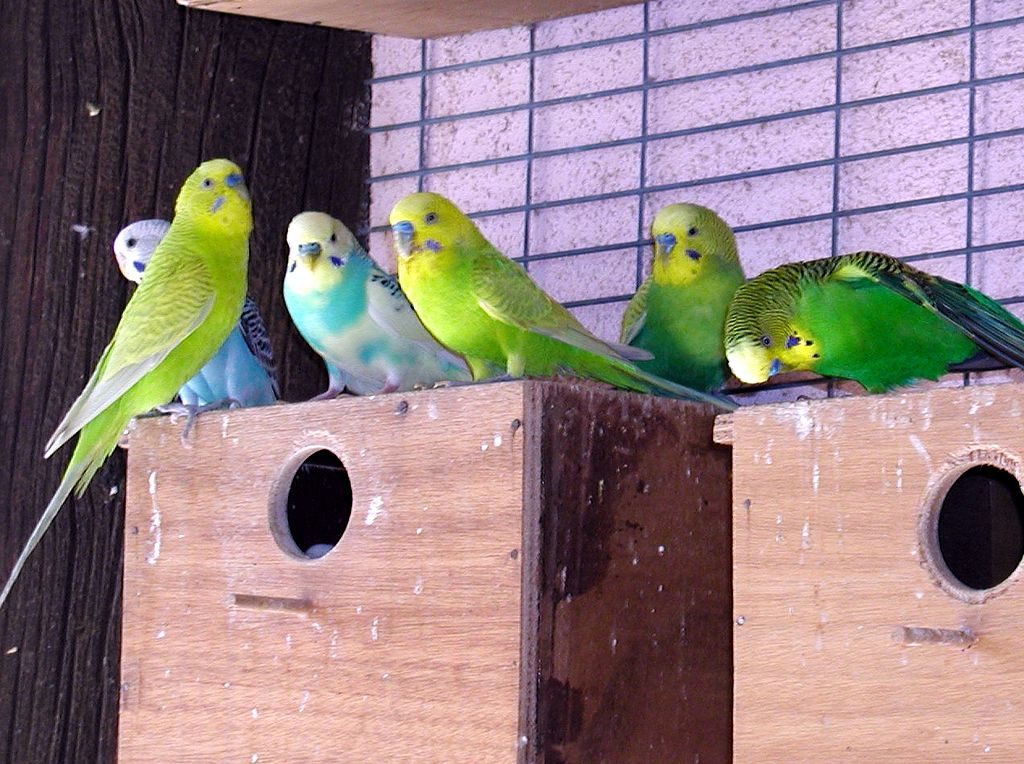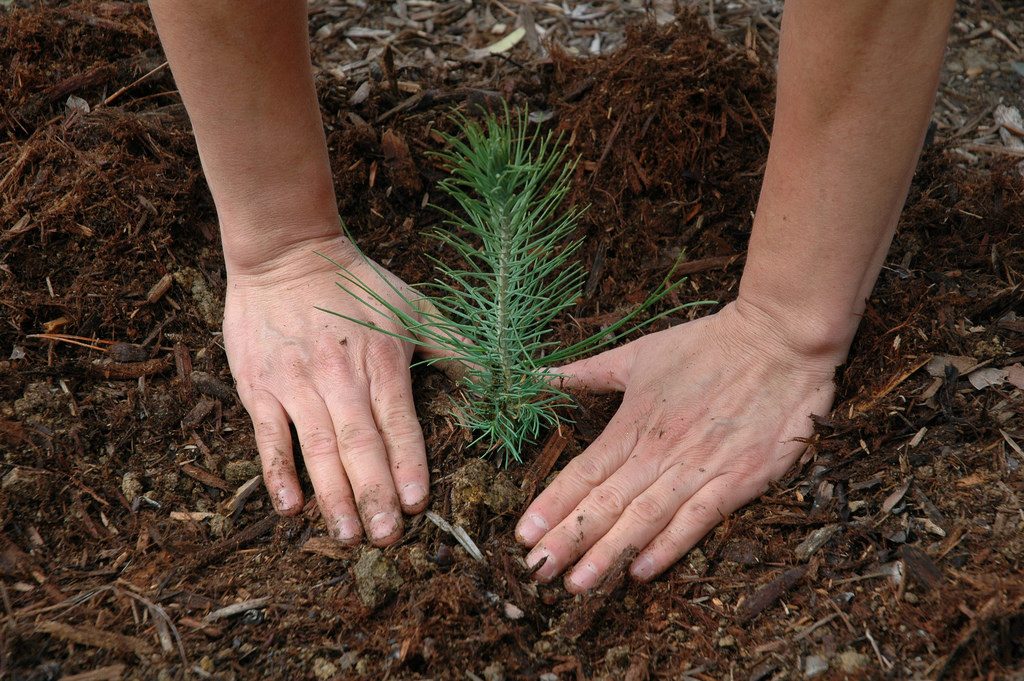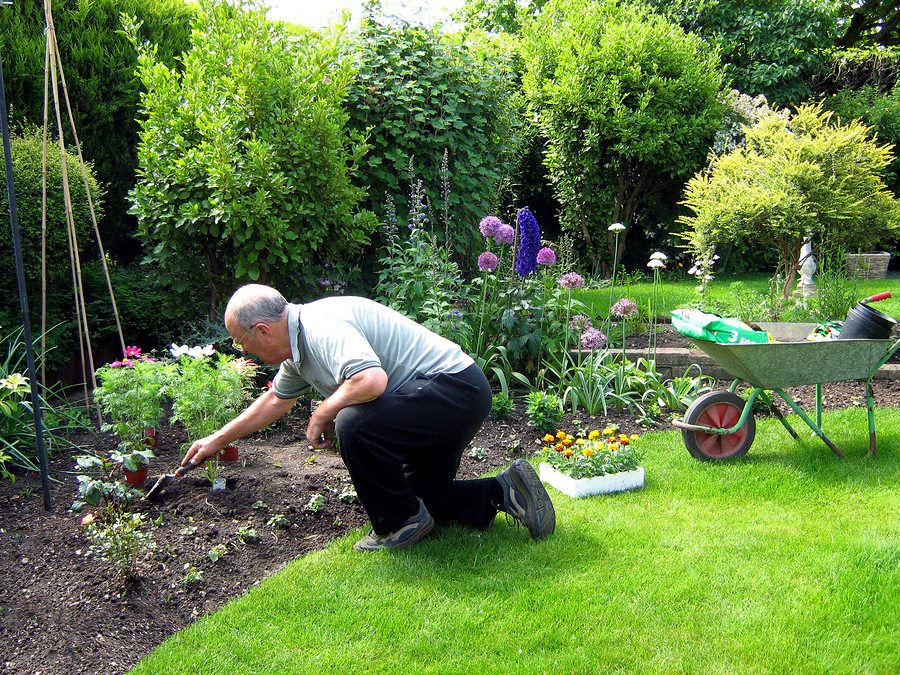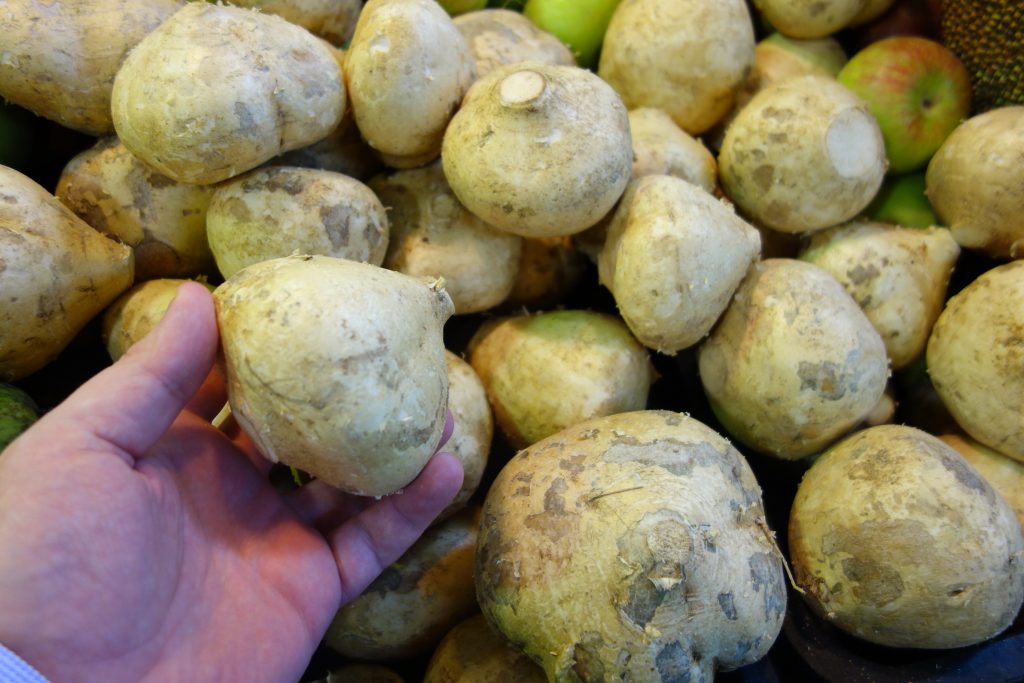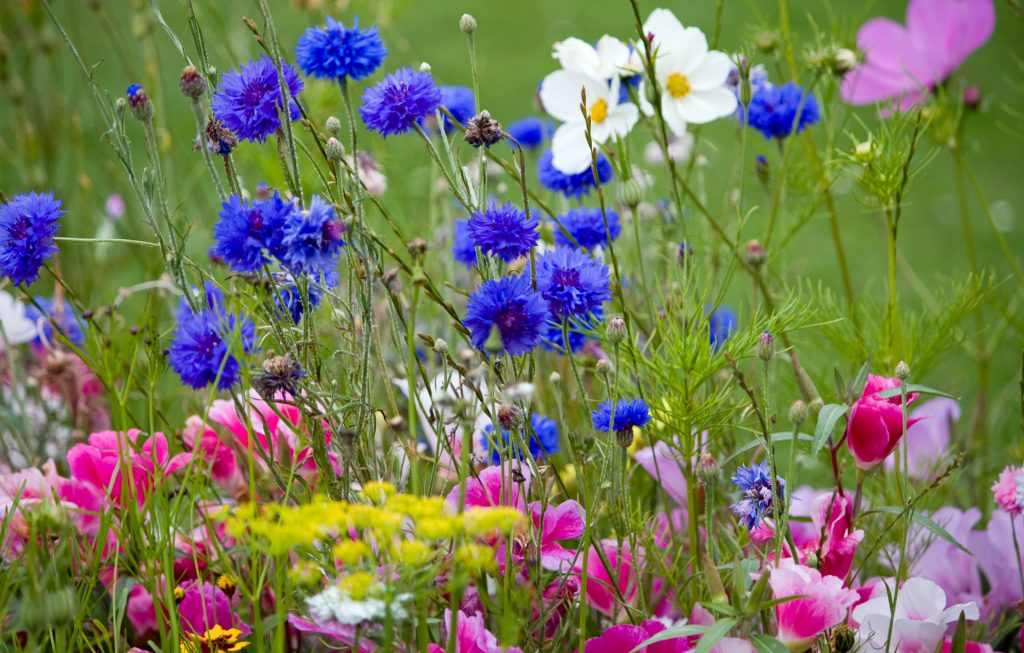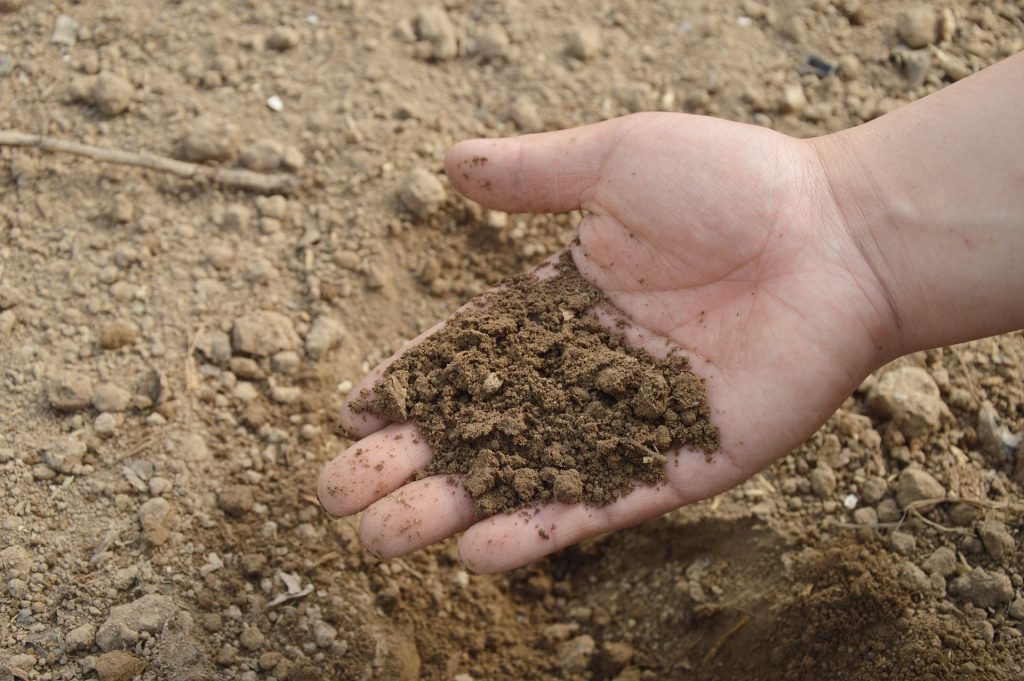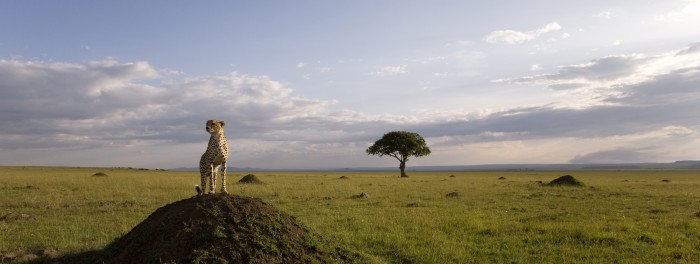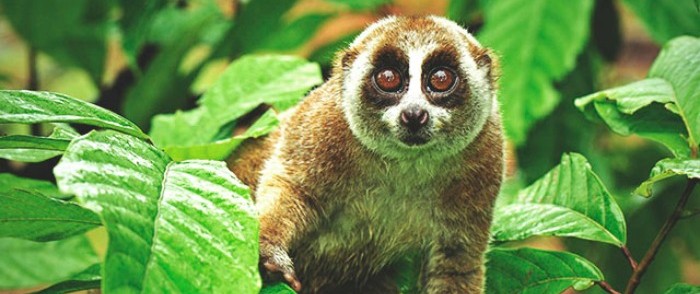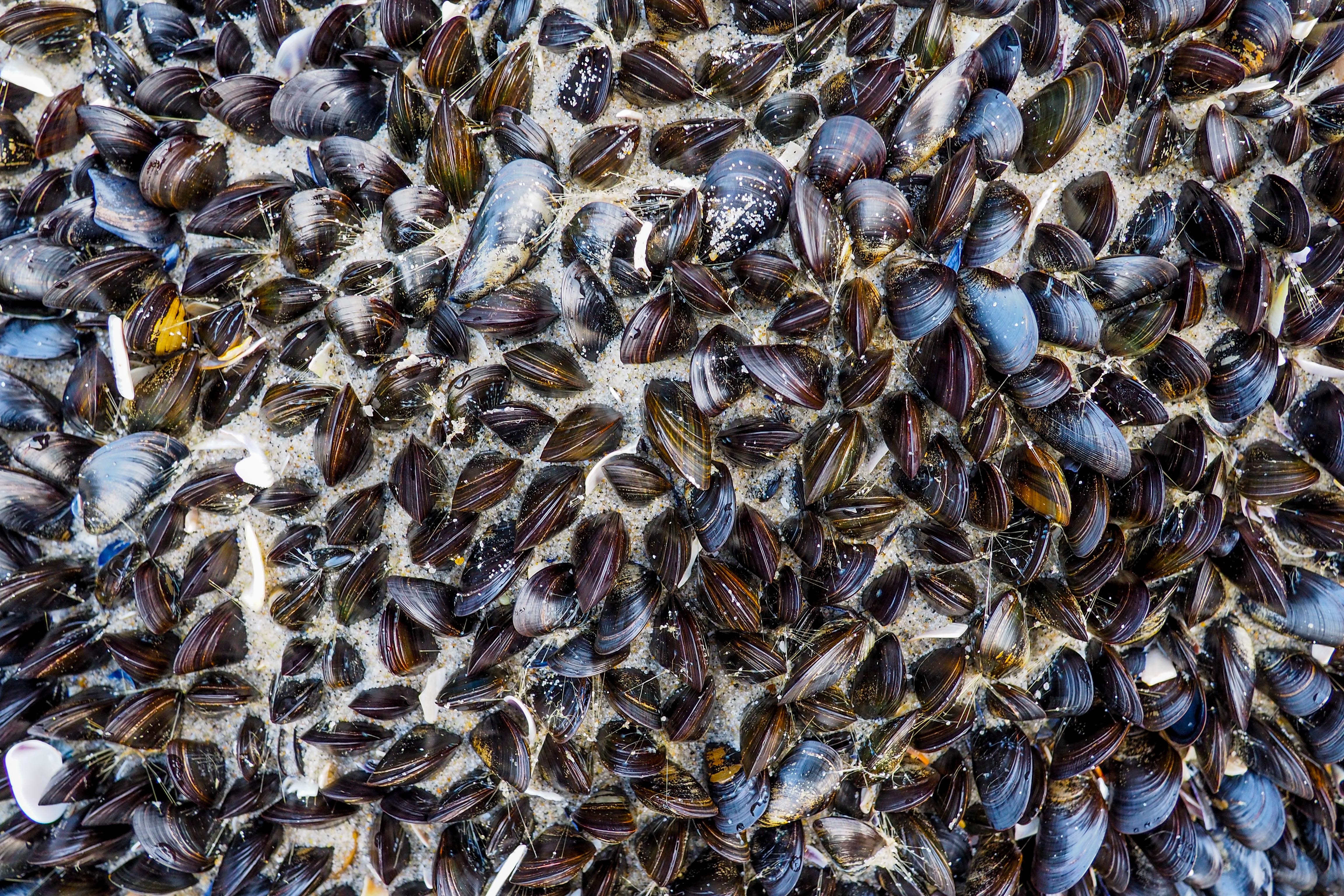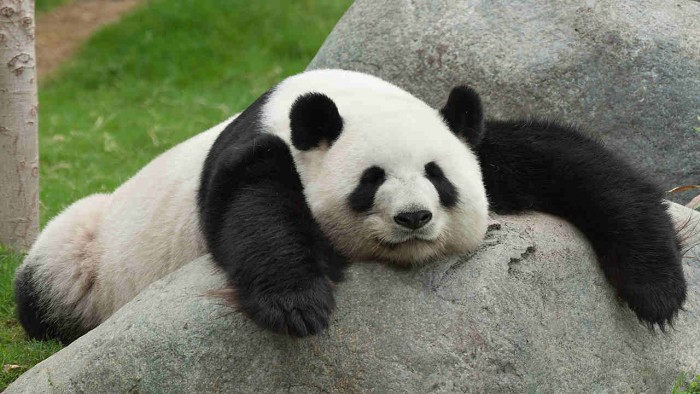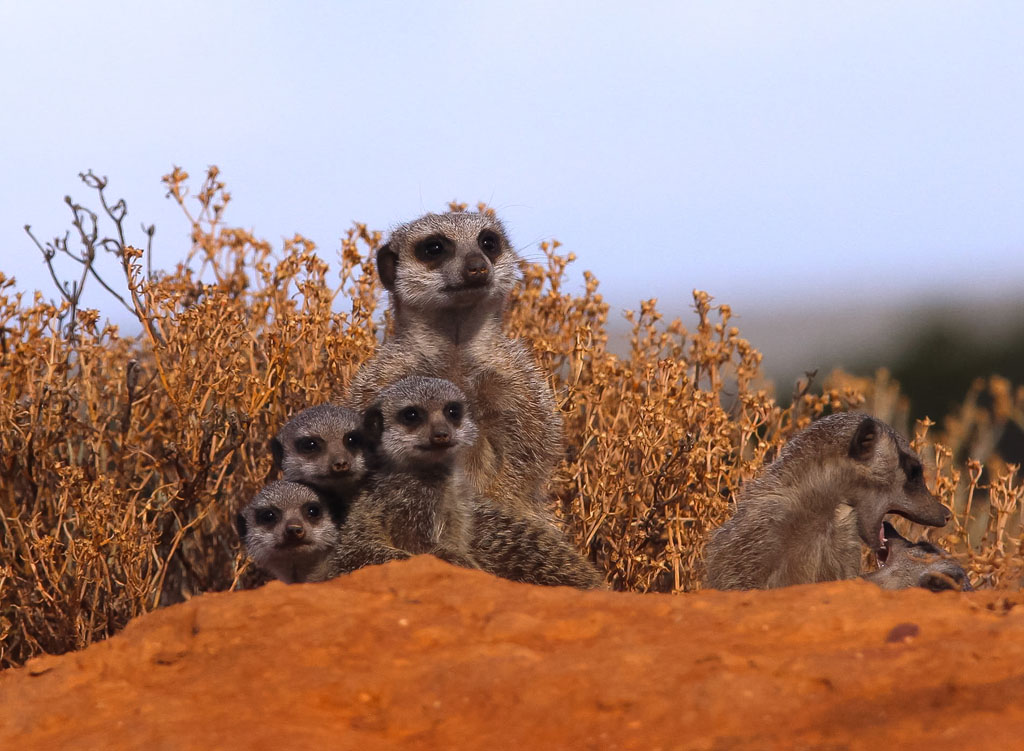Climate change is real and it’s happening all over the world. We’re not trying to be a hero, but we want to be a decent earthling for every living thing on earth. We might not have every single thing that these species need, so long as we have courage and will, we can help them survive this cruel world we are all living in. If we do this individually, we are going to create the biggest change that will save our environment and future.
There are so many factors why their habitats crashed down, different diseases that attack small insects and everything that has something to do with our ecosystem isn’t as good as the book shown us before. They are calling for help. Let’s make change happen by following our tips on how you can encourage wildlife in your garden:
Put Up Nesting Boxes
Help different birds breed more by placing nesting boxes in your garden, it will attract them to stay for the entire breeding season once spring hit the season. But just to make sure you do it correctly, different types of bird needs different types of boxes which means that you should consider the size and height of the box itself and the exact place you’re going to hang it.
Researchers found out that birds are migrating from one state to another in an unexpected manner, to make sure that these lovely animals would grow and be merrier than ever.
Start Planting Trees
It is not hard to maintain a living thing like a tree. It is very convenient to plant and make it grow by placing it in a nice spot where it will have an enormous amount of sunlight. We all know that it produces oxygen by taking in what we exhale which means it will also give you good ambiance and chilling space.
But the most important thing why you would need to plant one is because trees are the perfect habitat for sources of food which is a great place for species and insects to stay and rest.
Plant a Hedge
A hedge is not just a good replacement for an old fence, it will serve as a great protection wall for small creatures that hate intruders or larger predator that might kill them in an instant!
Aside from protection, a hedge asset includes its flowers and berries that most animals would acquire as their natural resource of food that will give them a higher rate of survival in this world. It’s going to be their habitat as well which means that borderline is already drawn between their world and ours. Maintain its pretty look to give you a pleasant greeting whenever you’ll look back at it.
Avoid Planting Jicama
The roots of Jicama has a lot of benefits, go above the roots and you’ll see that the jicama plant slowly becoming a toxic one. Churn out the seeds and you can see that it contains the rotenone poison. Its substance is also dangerous to human. You should avoid planting jicama in your garden because it would not help you attract wildlife in your garden, it is dangerous to them as it is dangerous to human.
Grow Wildflowers
This will not only spruce up your garden but the whole narrative will give you an eye-candy you would never imagine. It’s not intentionally seeded to your space that’s why it will exhaust more natural appeal including a very good scent. A mini sanctuary for small foes is a good way to blossom a good habitat filled with vivid colors.
Take a Look at your Lawn
We understand that you want to trim down your lawn’s weeds to shelter more space for wildlife but you’re doing it a little bit wrong. It serves as their home already for insects and not using chemicals or insecticides will help them a lot to reproduce and be the prey of birds and other animals. To help you maintain your lawn as a haven for some, make sure you won’t exceed from 3 to 5 centimeters and mow it every 2 weeks to ensure these small creatures that your space is their own shelter.
Wildlife is nature’s best friend and we are more capable to destroy than take care of it. These tips are just some of the things you would want to consider doing because these require low-maintenance and supervision so you won’t have a hard time attracting wildlife and shrugging them off unintentionally. You can always conclude that chemicals might protect the plants but would not protect the creatures you would want to save for their own sake and yours.

